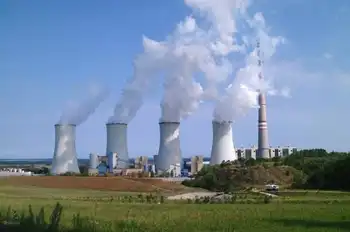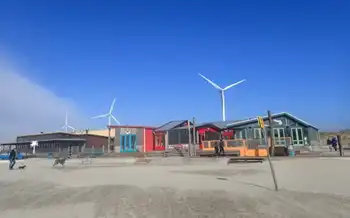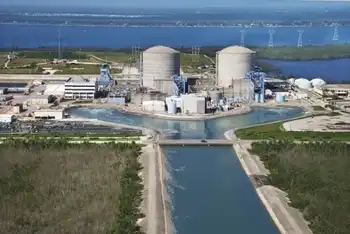Hawaii PUC approves 51 MW wind project
MAUI, HAWAII - The Hawaii Public Utilities Commission recently approved a power purchase agreement between Kaheawa Wind Power and Maui Electric Company for an additional 21 megawatts MW of wind energy.
The project is an expansion of the existing 30 MW Kaheawa Wind farm above Maalaea in West Maui.
When complete, the expanded wind farm will be the largest wind energy project in Hawaii. Under the terms of the contract, Kaheawa Wind Power, a subsidiary of Massachusetts-based First Wind, will sell as-available renewable energy to Maui Electric at pre-determined prices over 20 years. The expanded wind farm will have a combined capacity of 51 MW, with the potential to produce enough energy for the equivalent of 20,000 Maui homes.
The project will also include a battery energy storage system to assist in meeting performance standards and smoothing fluctuations in wind energy output, similar to the system installed at First WindÂ’s Kahuku Wind project on Oahu.
“We’re excited to be able to deliver more clean, renewable energy to the residents and businesses of Maui.” said Paul Gaynor, CEO of First Wind. “Hawaii has a unique appreciation and understanding of the need for clean, home-grown sources of energy, and we’re thrilled we’ll be able to help meet that demand.”
“We are pleased to expand the contribution from First Wind to our portfolio of clean energy resources,” said Ed Reinhardt, Maui Electric president. "In 2010, more than 10 of Maui's energy was produced from renewable resources and we look forward to increasing this even more with energy from this wind farm and other projects."
Related News

Why rolling back European electricity prices is tougher than appears
BERLIN - Nothing grabs politicians' attention faster than angry voters, and they've had plenty to be furious about as natural gas and electricity bills have soared to stomach-churning levels in recent months.
That's led to a scramble to figure out ways to get those costs down — but that's turning out to be very difficult, so the likeliest result is that EU leaders meeting later this week won't come up with any solutions.
“There is no single easy answer to tackle the high electricity prices given the diversity of situations among Member States. Some options are only suitable for specific national contexts,”…



